Programming Languages You Need to Learn in 2024
- Digital Arts
- Dec 31, 2023
- 5 min read
Updated: Jan 3, 2024
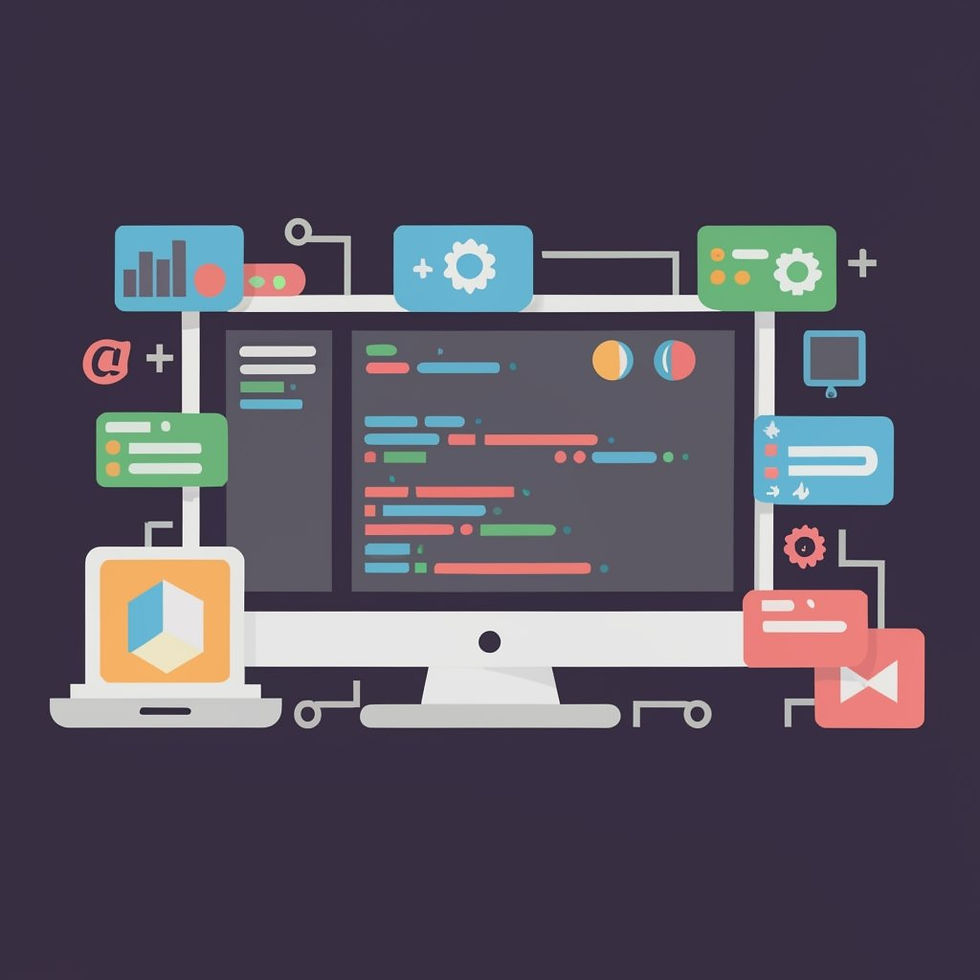
Programming languages are always changing, and new ones are created every year. Some are more suited for specific fields, like web development, data science, artificial intelligence, or blockchain, while others are more general-purpose and versatile, enabling you to create applications for various platforms and devices. If you are a programmer or hope to become one, you may be wondering which are the most well-liked and practical programming languages to learn in 2024.
We'll introduce you to five programming languages in this blog post that we believe you should learn by 2024. While these languages may not be the most popular or extensively utilised, they do have certain distinct qualities and benefits that set them apart from the competition. We will also go over our selection process and the kinds of projects you can construct using them.
Here are the five programming languages you need to learn in 2024:
5. Rust
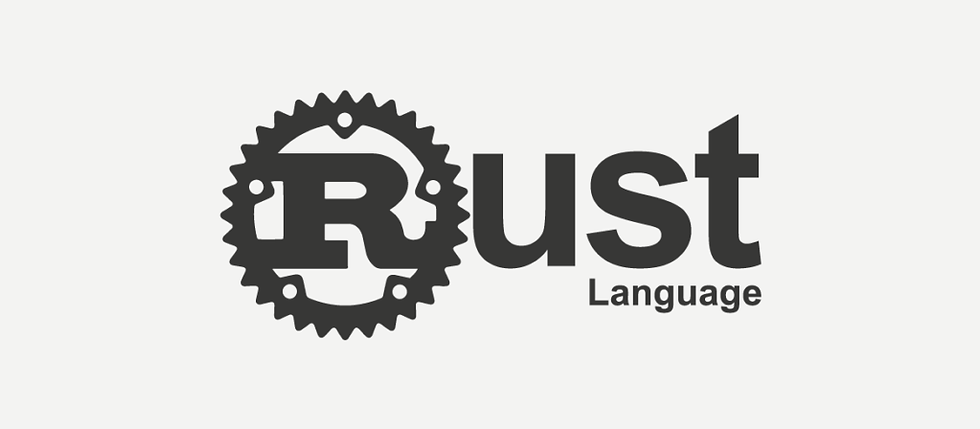
The goals of the systems programming language Rust are great performance, safety, and dependability. Mozilla developed Rust, which was initially made available in 2010. Particularly among developers who work on low-level and performance-critical programmes, like operating systems, web browsers, gaming engines, and embedded systems, it has been growing in popularity and recognition in recent years.
Common mistakes that might result in memory leaks, data races, buffer overflows, and undefinable behaviour are avoided by design in Rust. It accomplishes this by imposing stringent lifetime, ownership, and borrowing regulations at compile time. Additionally, Rust supports contemporary features like concurrency, pattern matching, closures, traits, and generics. Because of its extensive ecosystem of libraries and tools, Rust is simple to use and can be easily integrated with other languages.
Programmers that wish to build quick, safe, and cross-platform code should consider using Rust. Rust is also a good choice for learning how to deal with concurrency and parallelism, as well as memory and resource management techniques.
4. Python
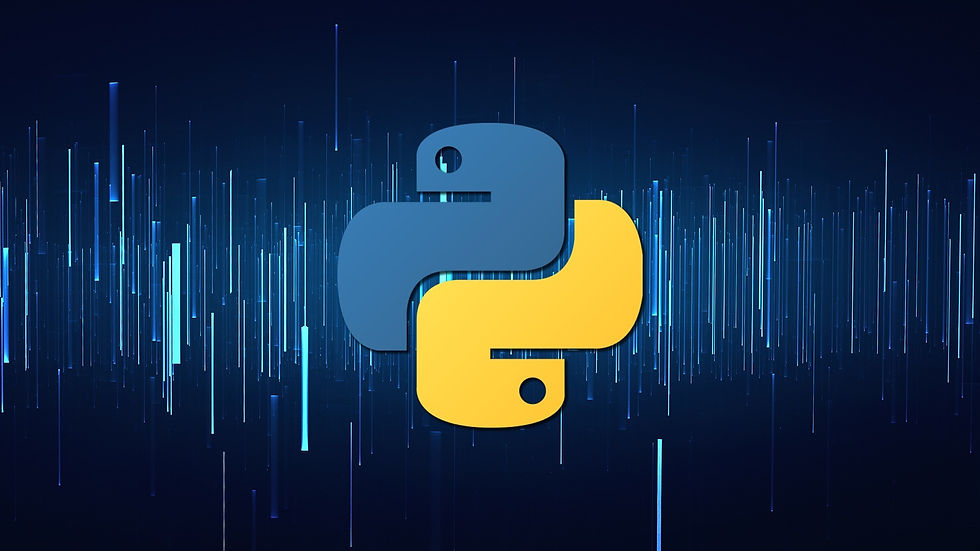
Python is a high-level, dynamic, interpreted programming language with a focus on productivity, readability, and simplicity. Guido van Rossum designed Python, which was originally made available in 1991. It has grown to be one of the most well-liked and extensively utilised programming languages worldwide, particularly in the fields of web development, automation, data science, machine learning, scripting, and teaching.
Python’s expressive and unambiguous syntax facilitates both writing and reading code. Additionally, Python boasts a sizable and varied standard library with built-in modules for a wide range of activities, including database access, networking, math, string manipulation, file management, GUI creation, testing, and debugging. A vast community of programmers and users exists for Python, and they have contributed thousands of open-source packages and frameworks that increase the language’s compatibility and utility.
For programmers looking to learn a flexible and strong language that can tackle a wide range of issues and domains, Python is an excellent option. Beginners who wish to begin coding quickly and simply without worrying about intricate intricacies might also benefit from learning Python.
3. Kotlin
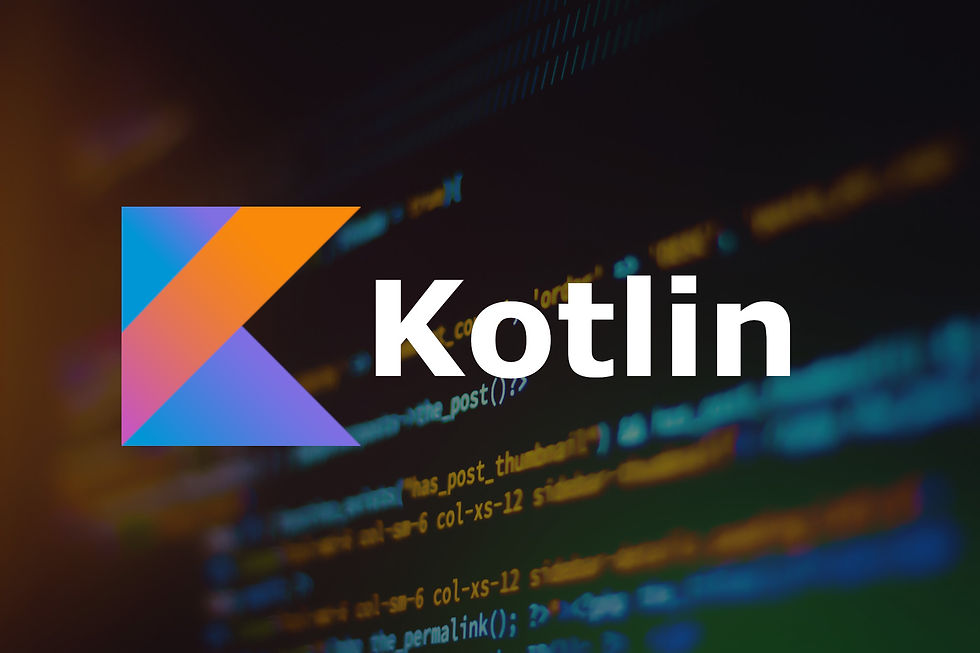
The programming language Kotlin is quite flexible and has become more and more well-liked in the last several years. It is a general-purpose, cross-platform, statically typed language that blends the functional and object-oriented paradigms. 2011 saw the initial release of Kotlin, which was developed by JetBrains. Recent years have seen a rise in its acceptance and popularity, particularly among Android developers who use it as the official language for creating Android applications.
Kotlin is intended to be interoperable, safe, expressive, and compact. With features like data classes, null safety, extension functions, higher-order functions, coroutines, and more, Kotlin decreases verbosity and boilerplate code. Additionally, Kotlin’s type inference mechanism helps you write less code, which makes it easier to comprehend and maintain.
Additionally, Kotlin and Java are compatible, allowing you to use both in the same project. This eliminates the need to completely rewrite your code when switching from Java to Kotlin or when using Kotlin in new projects.
All things considered, Kotlin is a strong and adaptable programming language that works well with a variety of applications.
2. JavaScript
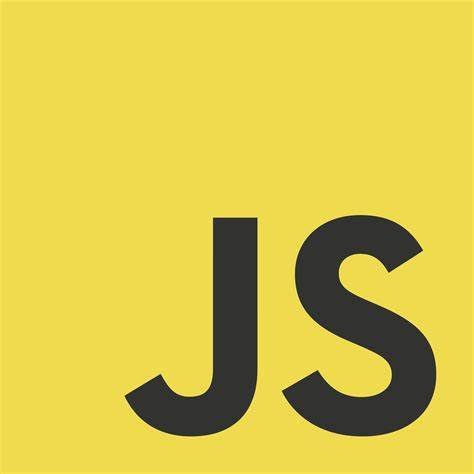
JavaScript is one of the most popular and versatile programming languages in the world. It powers the web, mobile apps, desktop applications, games, and more. If you want to become a successful developer in 2024, you should definitely learn JavaScript.
Here are some reasons why:
JavaScript is everywhere. You can use it to create dynamic and interactive websites, build native or hybrid mobile apps, develop desktop or web-based games, and even program robots or smart devices. JavaScript is also compatible with many other languages and frameworks, such as HTML, CSS, React, Angular, Node.js, and more.
JavaScript is evolving. The language is constantly improving and adding new features, such as ES6, ES7, ES8, and beyond. These features make JavaScript more expressive, concise, and powerful. You can also use transpilers like Babel or TypeScript to write modern JavaScript code that works across different browsers and platforms.
JavaScript is in demand. According to the 2023 Stack Overflow Developer Survey, JavaScript is the most commonly used programming language among developers, followed by Python and Java. It is also the most wanted language by employers, with 72% of respondents saying they want to work with JavaScript. Learning JavaScript will open up many opportunities for you in the job market…
1.Flutter

Using a single codebase, Flutter is a cross-platform framework that lets you create stunning and quick desktop, web, and mobile applications. Since its 2017 inception, Flutter has been gaining traction and being used more often, and there are no indicators that this trend will end. In 2024, you ought to become proficient in Flutter for the following reasons:
It’s simple to pick up and use Flutter. Declarative UI is the method used by Flutter, thus instead of writing imperative code, you may construct your user interface by assembling widgets. Layout, animation, interactivity, and other tasks are all handled by reusable and adaptable widgets. Additionally, Flutter has the ability to “hot reload” and “hot restart,” which allow you to view changes made to your app immediately without having to restart it or lose its current state.
Flutter is dependable and efficient. The quick and effective Dart virtual machine powers Flutter apps by converting your code into native code for each platform. This implies that your programme will function flawlessly and reliably on a variety of hardware and operating systems. Additionally, Flutter offers an extensive array of testing and debugging tools that assist you in guaranteeing the performance and quality of your app.
Flutter is expressive and multipurpose. With Flutter, you can design any type of application you can think of, from straightforward to intricate, and from understated to extravagant. You have two options: either make your own custom widgets with your own logic and style, or utilise the pre-built ones that adhere to the Material Design or Cupertino requirements. Moreover, Flutter may be used to produce smooth and captivating animations, transitions, effects, and interactions.
Flutter is scalable and future-proof. Flutter is always developing, with new features and upgrades coming out on a regular basis. Emerging platforms including wearables, foldables, and AR/VR gadgets are also supported by Flutter. With Flutter, you can create apps that are future-proof and flexible enough to change with the demands and expectations of their users. Moreover, Flutter can help you grow your application from a small project to a huge business application by utilising cloud services, dependency injection frameworks, and state management solutions.


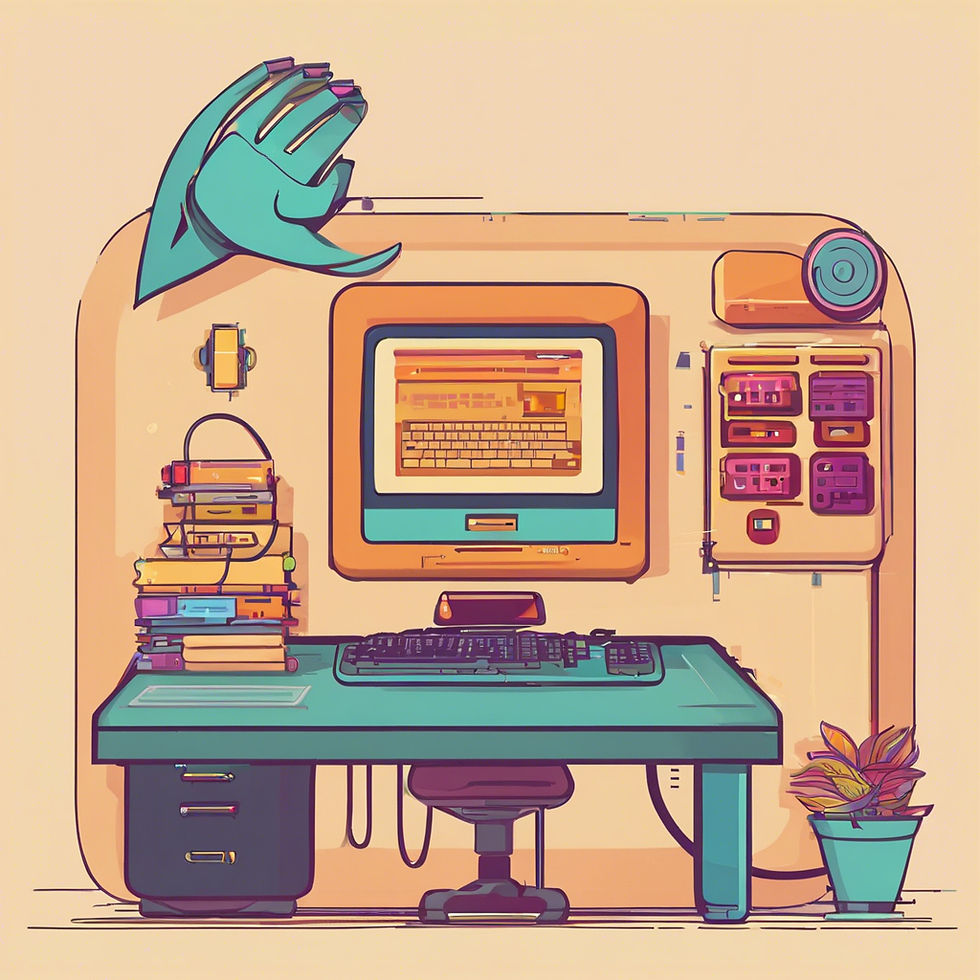
Comentários